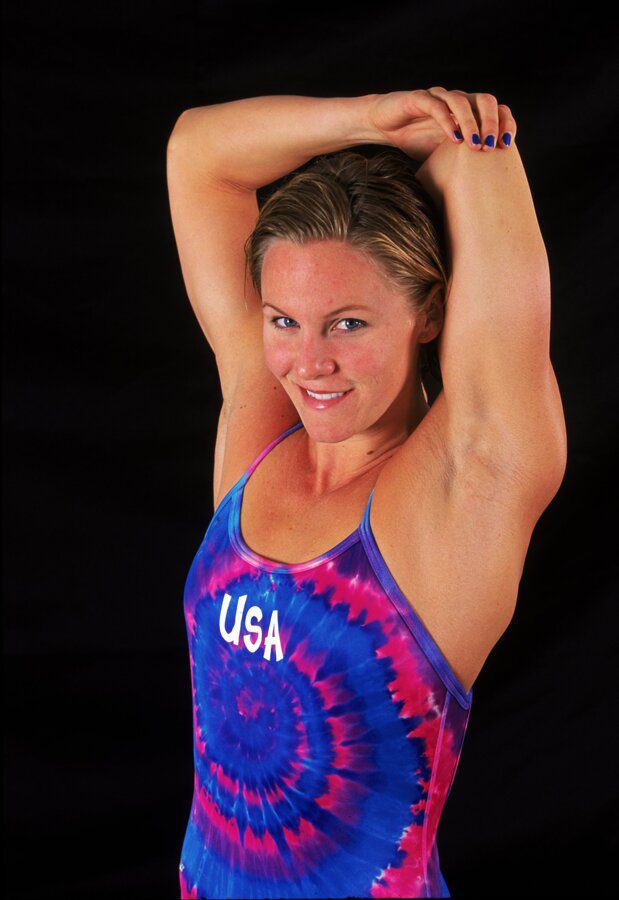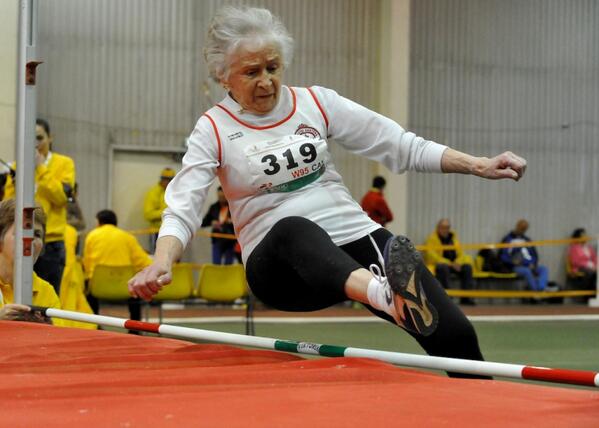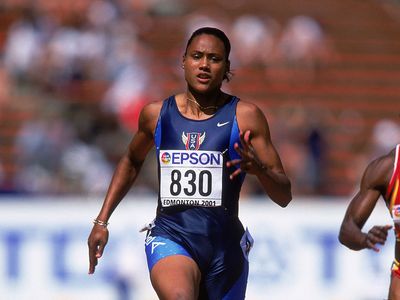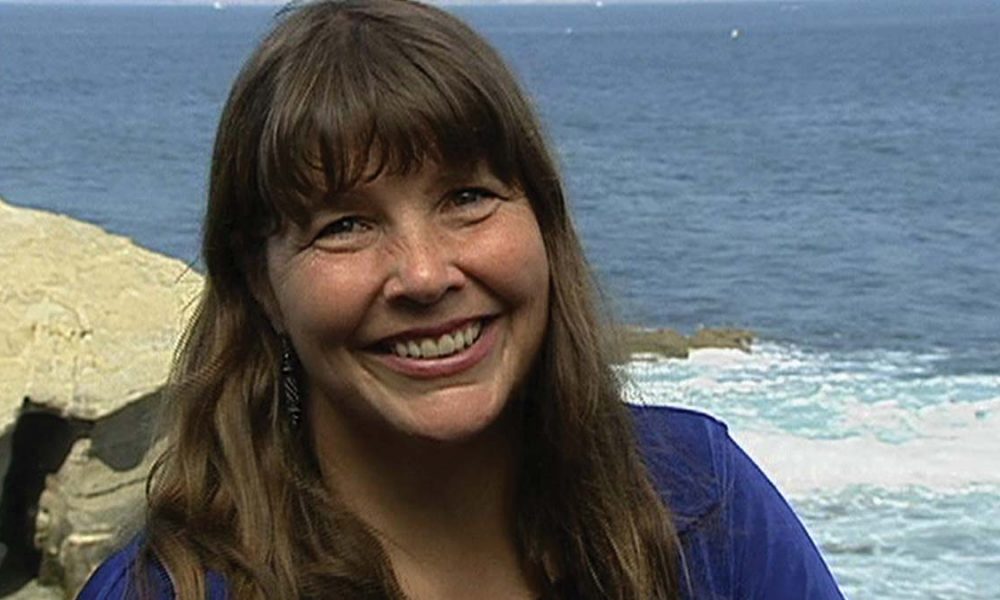Mention the name Zola Budd to the casual track fan and you will likely get one [or all] of three responses: Barefoot. South African. Tripped Mary Decker.
Born May 26, 1966, in Bloemfontein, Orange Free State, South Africa, Zola was the sixth of Frank Budd and Hendrina Wilhelmina de Swardt’s children. Hendrina, whose nickname was “Tossie,” was in labor with Zola for three days and received 13 pints of blood. Frank Budd worked at a printing plant that his father—an English immigrant–founded.
Jenny Budd, who was eleven years old when her baby sister was born, loved to run. Young Zola was skinny, short and terrible at swimming and team sports, so she ran with Jenny. The Budds lived on a farm outside Bloemfontein, a town with a half-million residents that sits 4,500 feet above sea level, where Zola ran barefoot, as all rural South African kids did.
Jenny Budd died of skin cancer when Zola was 14 and she sought comfort in the solitude of running. As a freshman in high school, she won the South African Junior Championships at 800 meters. The following year, she won the South African nationals at 1,500 meters and claimed the 3,000 meter title at the same meet one year later.
In January 1984, a tiny, fragile 17-year-old, running barefoot, stunned the world by running 5,000 meters in 15:01.83 on a windy night in Stellenbosch [along the western coast of South African] to break Mary Decker’s world record by more than six seconds. The record was not ratified because it had been run in South Africa, which was banned from international competition due to its apartheid policies.
Budd was soon offered scholarships by several American universities and a handful more from South African colleges. Many odd events occurred because of her fame. Someone gave her a cow, Italy offered her citizenship, and Henry Allen, a 65-year-old from Birmingham, Alabama, proposed marraigne; an offer she declined because she was too young. Wanting to stay close to home, Budd accepted a scholarship offer from the University of the Orange Free State and continued to live with her parents on their farm near Bloemfontein.
As a South African, she was ineligible for the Olympics—but the London Daily Mail had other ideas. Because of her grandfather’s British birth, Budd was eligible to run for Great Britain. A British passport was arranged, and the barefoot, waiflike child champion was suddenly an Olympian. To the world, Budd was a remorseless symbol of South African segregationist policies. To the Daily Mail, she was a circulation windfall. Shy and introverted, Budd arrived in England on the eve of her 18th birthday, where she was greeted by throngs of anti-apartheid demonstrators.
“Little Mary Decker” [Daily Dose, 8/4/16], pig-tailed and weighing just 89 pounds, burst onto the international track scene at 14, when she won a race in Minsk in 1973. Decker was America’s darling, having set a world record at every distance from 800 to 10,000 meters, but had never run in an Olympics.
She missed the 1976 Montreal Games with an injury and did not compete in Moscow due to the U.S. boycott. Zola Budd idolized Mary Decker, hanging a poster of the American starlet above her bed. Decker came into the 1984 Olympics heavily favored to win the 3,000 meters, despite Budd having set a new world record at 2,000 meters one month earlier.
The 3,000 meter Olympic final was held in the Los Angeles Coliseum. Running behind Budd in a closely bunched pack after three laps, Decker tangled with Budd and fell to the infield. Budd glanced to her left, saw her rival down, and continued running. “I couldn’t believe it. It was terrible. I wanted to stop,” Budd later recalled, “I wanted it all to end.”
Moments later, Budd retook the lead. “At that point I didn’t think I had done anything wrong. Then I heard the boos.” Budd was tied for the lead with two other runners with one lap to go. “Deep inside me was a dread of standing on a rostrum, and I began running slower and slower. People passed me and I didn’t care. I just wanted out.” Looking like a frightened fawn, Budd finished seventh, more than 12 seconds behind gold medalist Maricica Puica of Romania.
When Budd tried to apologize to her idol after the race, a bitter Decker told her “don’t bother.” Budd was immediately disqualified for interference, but was quickly reinstated after the race director ruled there was no foul. Puica said Decker was to blame, but the American saw it differently. “Zola tripped me,” snapped Decker, “no question she was in the wrong.” By the time she returned to Britain three days later, Budd had received so many death threats that a team of armed police met her at the airport.
She represented her adopted country for a few years—winning two world cross country titles and breaking the world record in the 5,000–and aimed to win a medal in the 1988 Seoul Olympics. The IOC banned her for attending—not competing in, simply standing near—two races in South Africa. She contested the decision briefly before declaring she was exhausted and returned to South Africa. She competed for her home country in the 1992 Barcelona Games but failed to make the 5,000 meter final.
In 1989, Budd married Mike Pieterse. The couple had three children together before divorcing in 2007. Zola Pieterse is now a volunteer track coach at Coastal Carolina University and competes in ultramarathons.
On this date in 1984, Zola Budd ran in the final of the 3,000 meters at the Olympic Games in Los Angeles and finished seventh. Her childhood idol did not finish the race.









